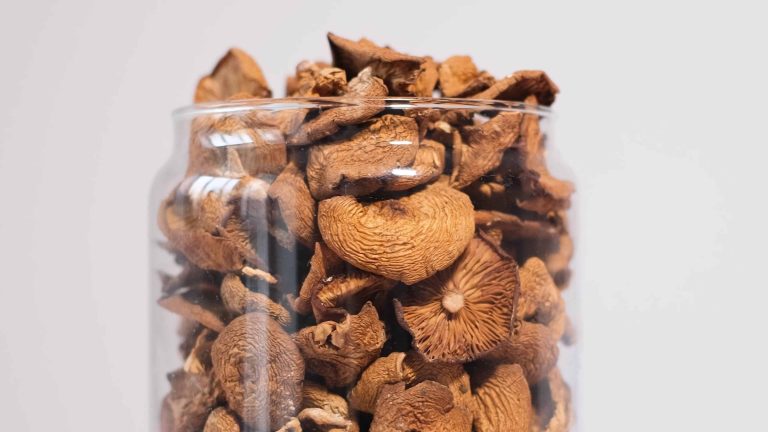Tryp Therapeutics announced on Wednesday that it had “submitted an Investigational New Drug (IND) application to the U.S. Food and Drug Administration (FDA) for its planned Phase 2a clinical trial investigating the effects of psilocybin-assisted psychotherapy in the treatment of patients aged 21+ suffering from Irritable Bowel Syndrome (IBS) at Massachusetts General Hospital (MGH).”
The Canadian company said in the announcement that the “planned open label study in collaboration with Harvard Medical School/Massachusetts General Hospital will evaluate the effect of psilocybin-assisted psychotherapy in patients with treatment-resistant IBS who experience chronic abdominal pain and other debilitating gastrointestinal symptoms.”
“Many of these patients also suffer from fibromyalgia, anxiety and fatigue. The primary efficacy endpoint of the study will be improvement in abdominal pain. The proposed study will also explore changes in brain connectivity and responses to pain at baseline and at four weeks, six months and twelve months post the psychedelic drug sessions, along with numerous other secondary endpoints,” the announcement said.
“Tryp and our collaborators at Harvard/MGH believe there is tremendous potential for the treatment of debilitating IBS symptoms by utilizing the combined administration of psilocybin and psychotherapy. The clinical study will examine how psilocybin-assisted psychotherapy may alter brain networks involved in chronic abdominal pain and gastrointestinal-specific anxiety in patients with IBS to improve their symptoms. Submission of IND 163994 is an important step in advancing our program,” said Jim Gilligan, the chief executive officer of Tryp Therapeutics.
Gilligan told Green Market Report that the “most important thing is a clinical data – to be able to not just assume or hypothesize that we’re going to have a benefit, but to actually demonstrate that we can do something positive for patients.
“We’re looking at things a little bit differently than the big guys, looking at unique areas where we can have first-mover advantage. But we’re judicious in selecting areas where we really think that we’ll have a positive outcome,” Gilligan said.
According to Green Market Report, Gilligan “likened the planned administration of psilocin to the work of anesthesiologists.”
“Using an IV to induce and subsequently awaken the patient from the psychedelic state, the approach might also allow for the use of serotonin antagonists to terminate the psychedelic experience, if necessary,” the outlet said, which noted that TRP-8803 will be “central” to the company’s approach to the therapy.
TRP-8803 is “Tryp’s lead program,” the company says, describing it as “a proprietary formulation of IV-infused psilocin (the active metabolite of psilocybin) that alleviates numerous shortcomings of oral psilocybin including: significantly reducing the time to onset of the psychedelic state, controlling the depth and duration of the psychedelic experience, and reducing the overall duration of the intervention to a commercially feasible timeframe.
“The Company has an ongoing Phase 2a clinical trial for the treatment of Binge Eating Disorder at the University of Florida, an upcoming Phase 2a clinical trial with the University of Michigan for the treatment of fibromyalgia and a planned Phase 2a trial for the treatment of irritable bowel syndrome at Mass General Hospital, all of which are utilizing TRP-8802 (synthetic, oral psilocybin) to demonstrate efficacy in these indications. Where a preliminary clinical benefit has been demonstrated, subsequent studies are expected to utilize TRP-8803 (IV-infused psilocin) which has the potential to further improve efficacy, safety and patient experience,” Tryp said in Wednesday’s announcement.
